US biotech firm Moderna's COVID-19 antibody prompted a strong safe reaction and forestalled the coronavirus from imitating in the noses and lungs of monkeys, an investigation in the New England Journal of Medicine said Tuesday.
The way that the immunization kept the infection from reproducing in the nose is viewed as especially urgent in keeping it from being transmitted ahead to other people.
A similar result didn't happen when the University of Oxford's immunization was tried on monkeys, however that antibody prevented the infection from entering the creatures' lungs and making them exceptionally wiped out.
In the Moderna creature study, three gatherings of eight rhesus macaques got either a fake treatment or the antibody at two distinctive portion levels - 10 micrograms and 100 micrograms.
Every single immunized macaque created elevated levels of killing antibodies that assault a piece of the SARS-CoV-2 infection used to attack cells.
Strikingly, monkeys accepting both portion levels created these antibodies at levels higher than those found in people who have recuperated from COVID-19.
The creators detailed that the immunization likewise actuated the creation of an alternate resistant cell known as T-cells that may have helped support the general reaction.
A significant region of concern is that antibodies a work in progress could reverse discharge by intensifying instead of smothering the illness.
Supposed antibody-related improvement of respiratory ailment (VAERD) has been connected to the creation of a particular kind of T-cell known as Th2 - yet these phones were not delivered during the investigation, recommending this immunization won't reverse discharge.
A month after the monkeys got their subsequent infusion, they were presented to the SARS-CoV-2 infection, both through the nose and legitimately to the lungs using a cylinder.
Following two days, no duplicating infection was distinguished in the lungs of seven of the eight macaques in both the low and high portion gatherings.
On the other hand, each of the eight in the fake treatment bunch kept on having the infection present.
None of the eight macaques in the high portion bunches had recognizable degrees of infection in their noses two days after the introduction.
"This is the first run through a trial COVID-19 immunization tried in nonhuman primates has been appeared to deliver such quick popular control in the upper aviation route," said the National Institutes for Health, which co-built up the antibody.
A COVID-19 antibody equipped for halting the infection in the lungs will keep the illness from getting serious while preventing the infection from duplicating in the nose would diminish transmission.
The Moderna immunization utilizes hereditary material as viral RNA to encode the data expected to develop the SARS-CoV-2 spike protein inside the human body to trigger an insusceptible reaction.
Spike proteins give coronaviruses their crown-like appearance and are utilized to attack human cells, however without anyone else are believed to be generally innocuous.
The upside of this innovation is that it sidesteps the need to fabricate viral proteins in the lab, assisting with sloping up large scale manufacturing.
Both Moderna's immunization and the antibody co-created by the University of Oxford and AstraZeneca have entered late-stage human preliminaries.

 The fact that the vaccine prevented the virus from replicating in the nose is seen as particularly crucial in preventing it from being transmitted onward to others.
The fact that the vaccine prevented the virus from replicating in the nose is seen as particularly crucial in preventing it from being transmitted onward to others.




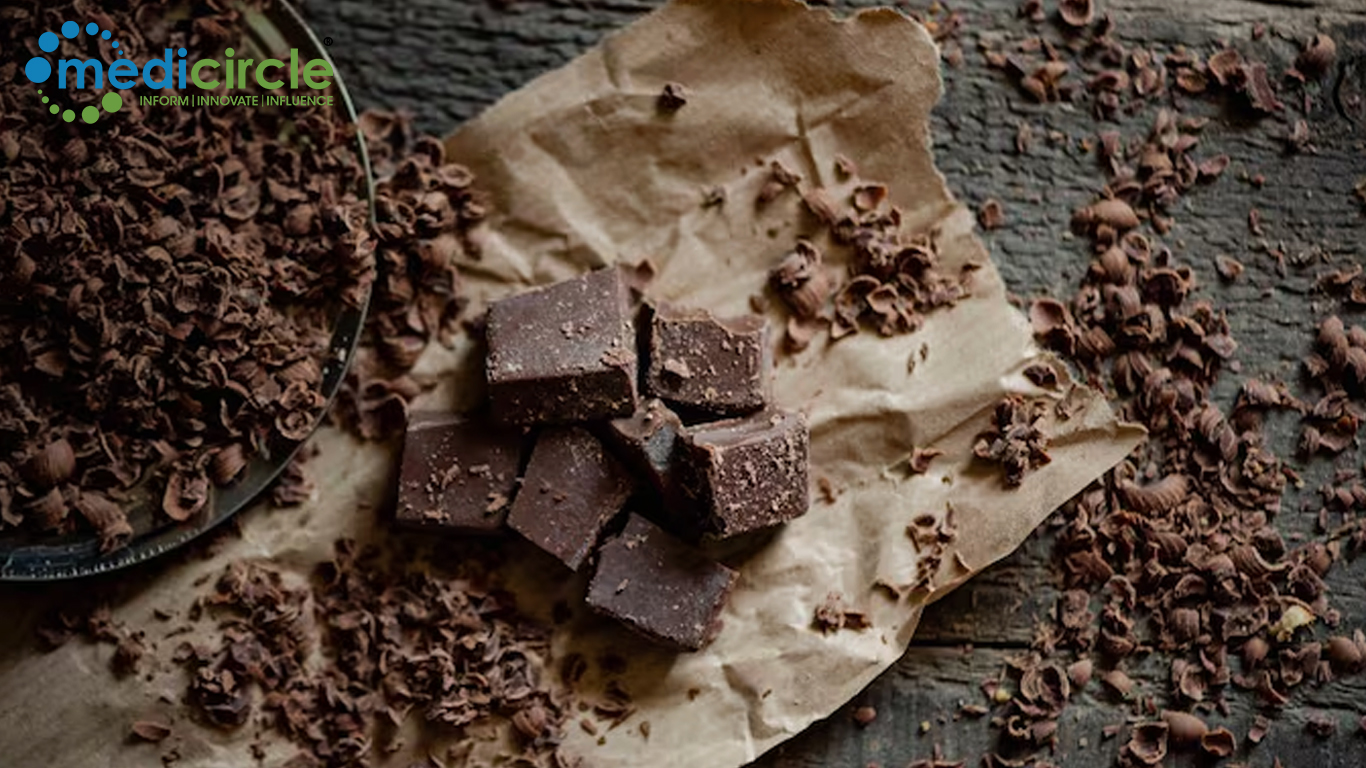

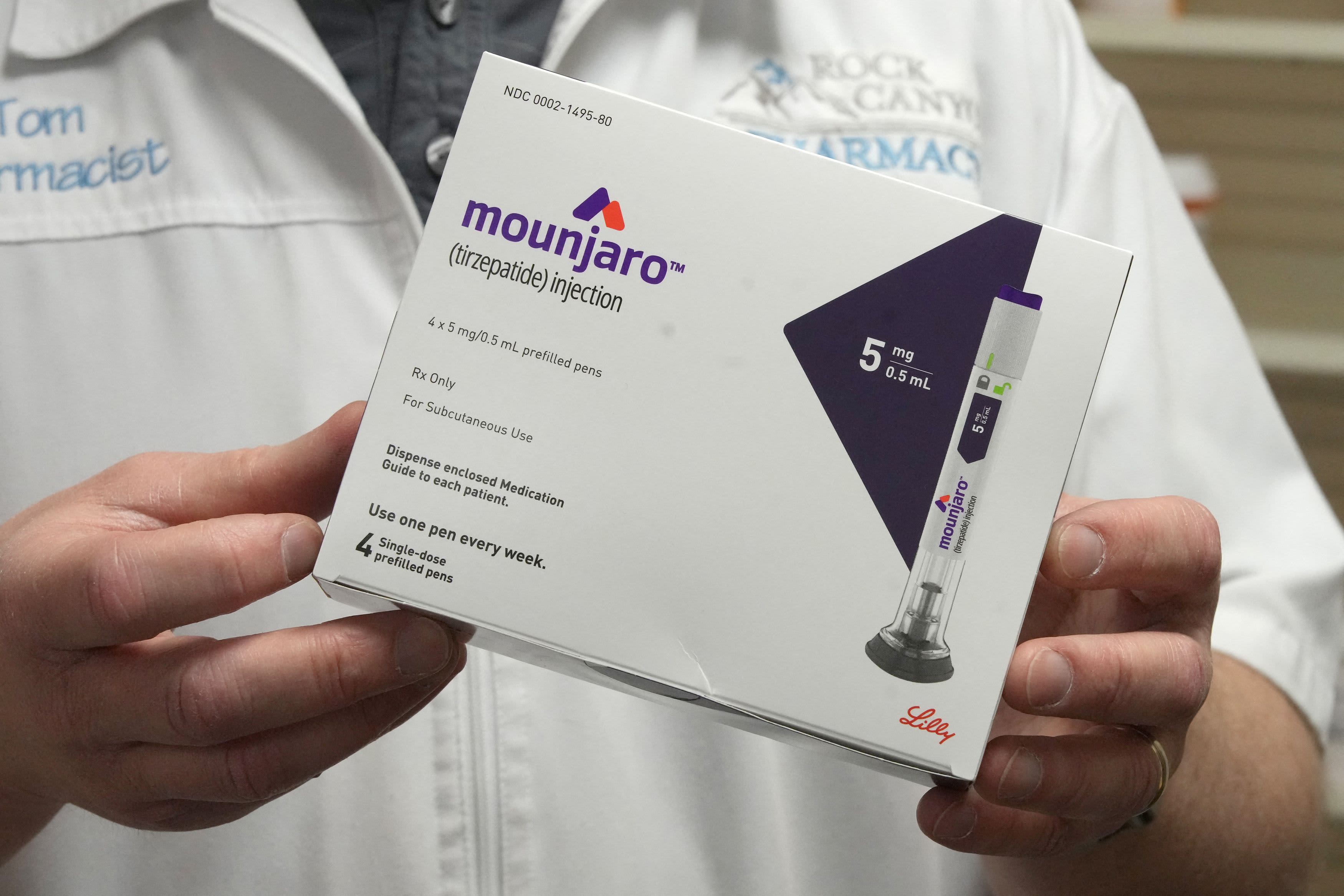
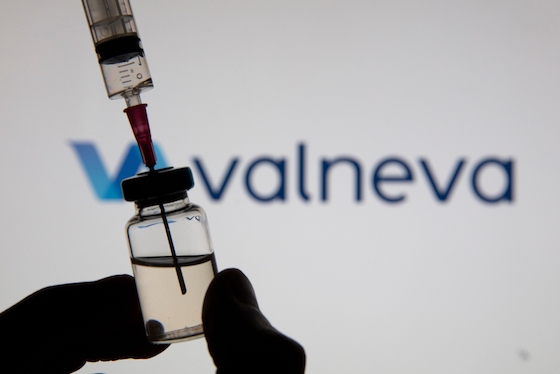
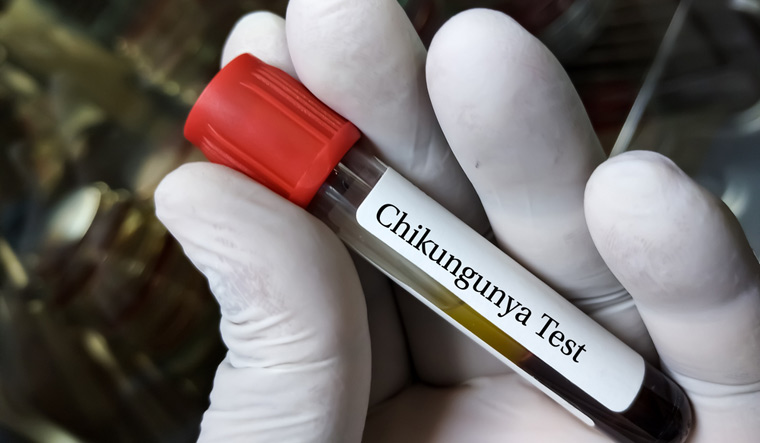
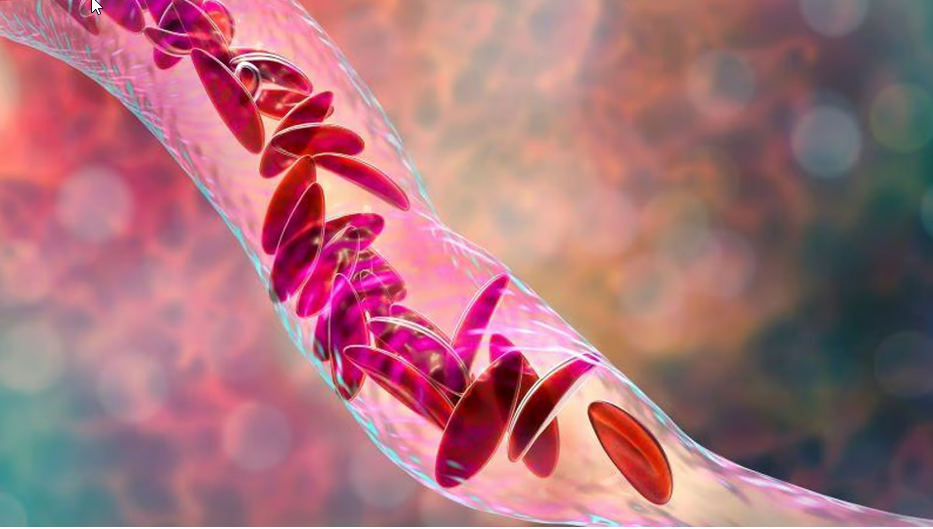









.jpeg)



.jpg)




.jpg)





.jpeg)

.jpg)


